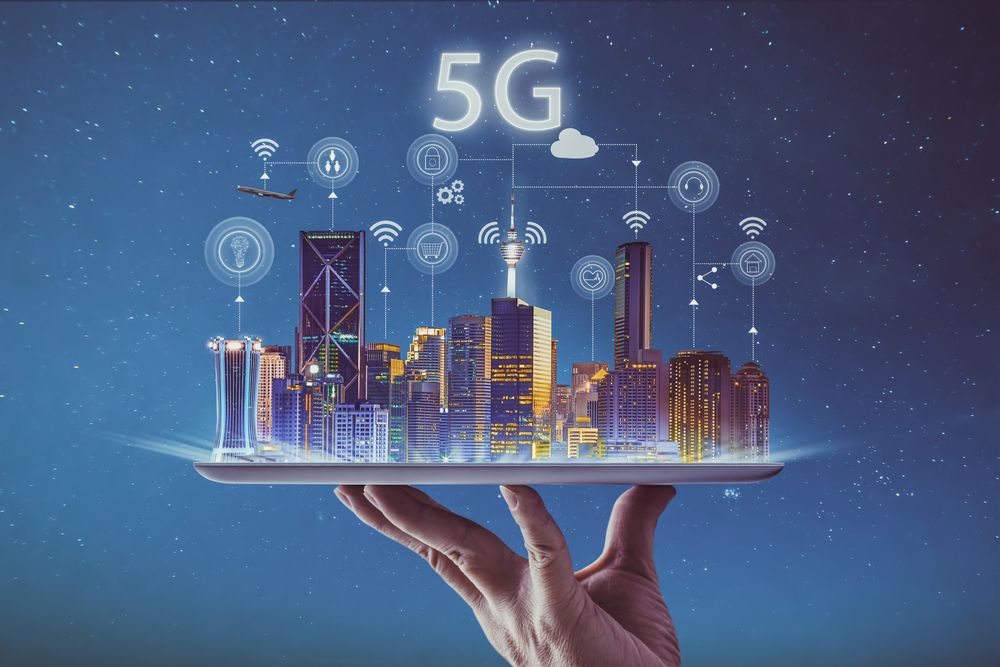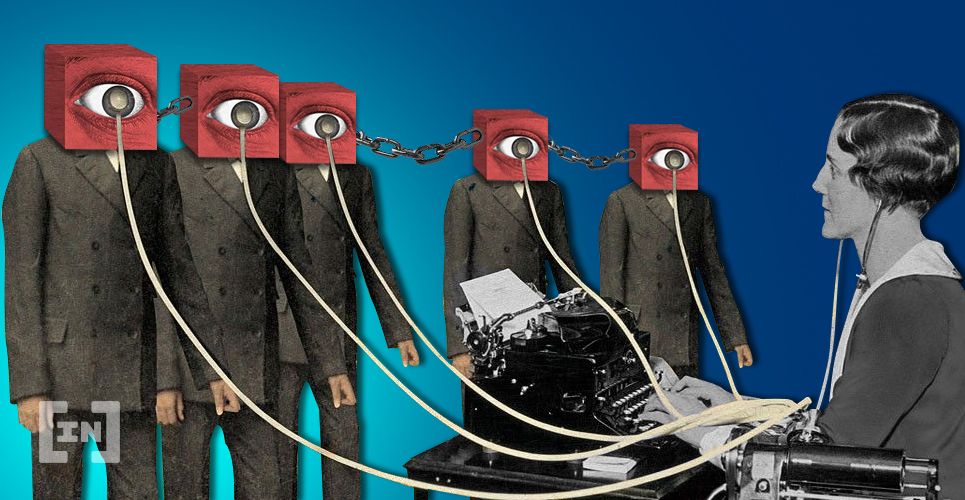The hype surrounding 5G technology and its arrival has been enormous. From tech companies racing to be the first to implement it to countries dragging the technology into trade disputes.
There’s a lot of anticipation going into how this technology, which is expected to revolutionize everything about data and the Internet as we know it, is set to be rolled out in the near future.

5G and the Internet of Things
Tech enthusiasts are beginning to catch a glimpse of how 5G could change the industry. Professor Rahim Tafazolli of the University of Surrey estimates that 5G networks could run at a speed of approximately 800Gbps. This is the equivalent of downloading 33 high-definition movies in less than half a second. So, it’s evident that downloads and other data-centric applications will be enhanced.
However, 5G has a higher scope, as the technology is speculated to bring about significant improvements in the Internet of Things (IoT) infrastructure. Increased speeds, reduced latency, and network capacities improve efficiency, while optimized security can keep networks safe as well.
Enterprise IoT would see a huge boost. Factories using precision controls could use 5G for granular monitoring, allowing companies to implement more sensors, get results quicker and cheaper. IoT can speed up automation, and with 5G as a background, it could seamlessly allow for interactions between cloud services and other devices on multiple networks.

Blockchain Assists in Scalability and Tampering Resistance
Qualcomm estimates that 5G could add as much as $13.2 trillion to global GDP by 2035. The increased rollout of the technology is expected to lead to an explosion of transactions, with volumes being able to drown out centralized networks — networks that, currently, are performing at subpar capacity.
These transactions can be facilitated through layer-two protocols that operate on the blockchain like the Lightning Network, Blockstream’s Liquid, and Ethereum’s Plasma network, providing the needed scalability and coverage. One area where blockchain could be most effective is helping in the amount of data transferred over the network.

The use of decentralized protocols like the InterPlanetary File System (IPFS), will likely be important to ensure a stronger security level compared with current centralized alternatives. Also, because the data is stored in hashes on IPFS, with links to pointing to the external storage, any data tampering would only draw attention to the attack.
Blockchain technology also does its part to helo secure the network through distributed trust models locked in with access authentication. Activities like user verification and authentication can also be supported using smart contracts. As the rollout of 5G gains momentum across the world, blockchain will likely see a marked increase in adoption.
